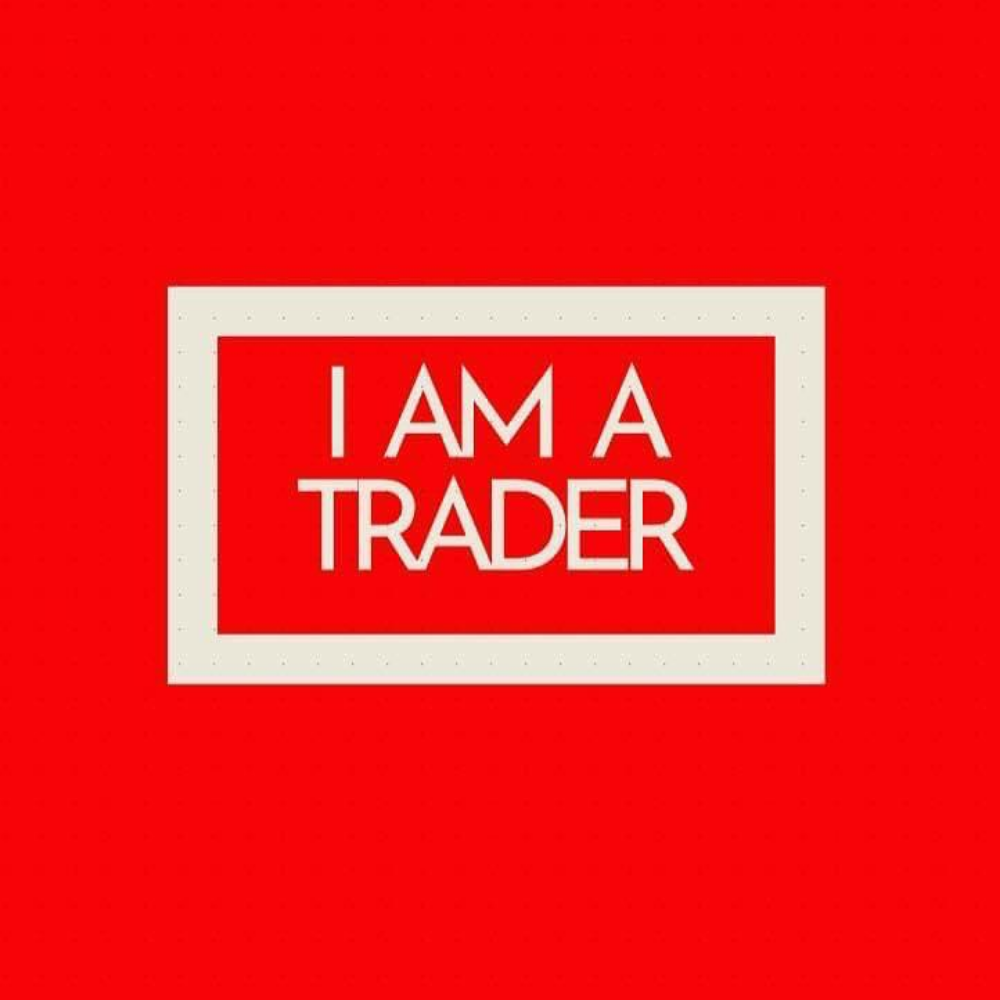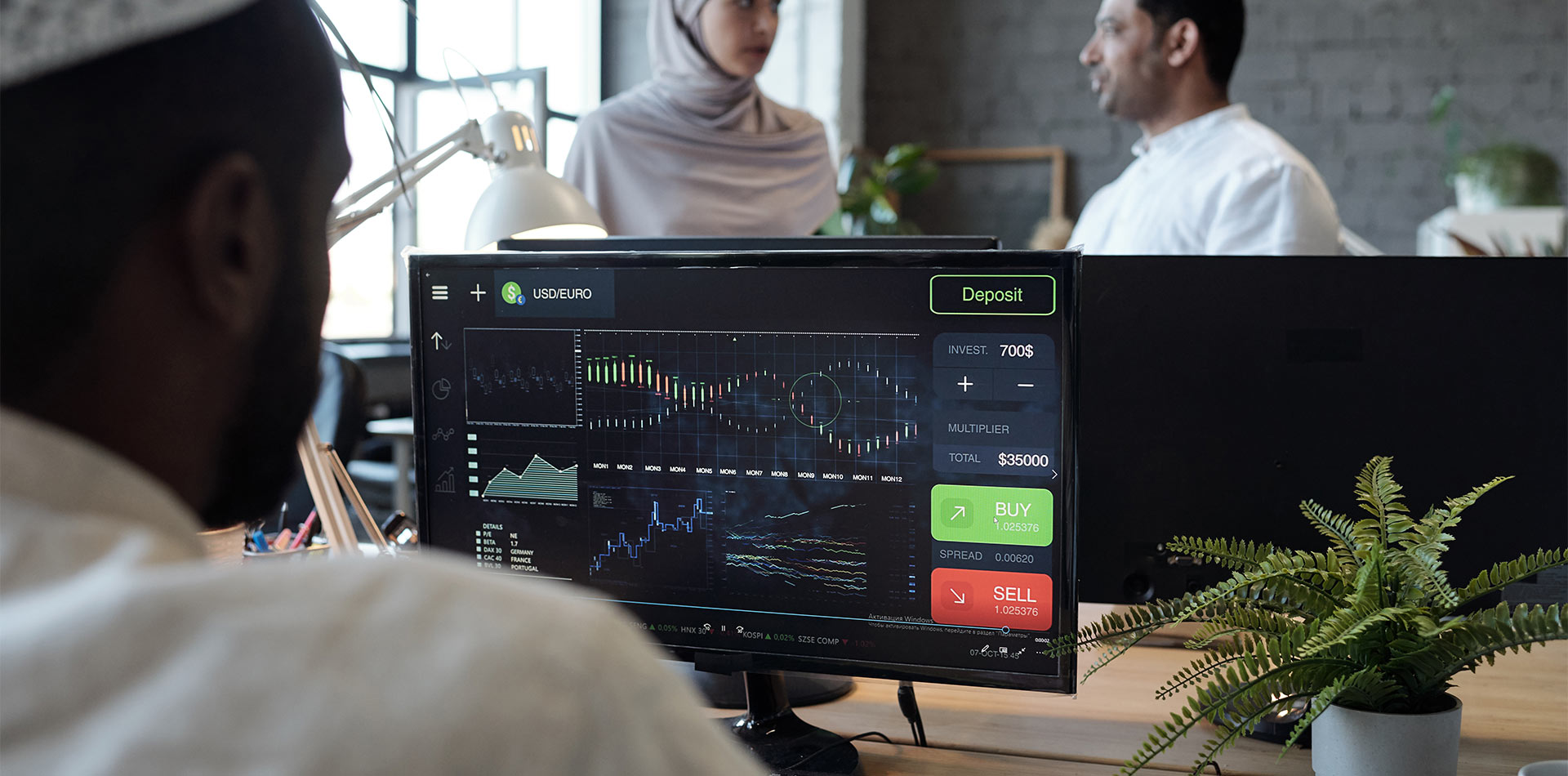Starting out in forex trading? A common question is whether to use a forex demo account or jump into live trading. Demo forex trading accounts let you practice risk-free and build confidence. Knowing the different types of forex accounts from demo to live helps you choose the right path based on your goals and experience.
What is a Demo Forex Account?
A forex practice account (also known as forex trading demo account) is a virtual account which is provided by nearly all brokers. It allows traders to be subjected to the real time environment in the market without risking real money. Instead you exchange virtual money. They are popularly regarded as among the best forex demo accounts which can be used to practice before going live.
Advantages of a Demo Account:
- Risk-Free Learning: You can experiment with trading strategies without the fear of losing money.
- Familiarity with Platforms: Get hands-on experience with trading platforms like MT4, MT5, or proprietary broker platforms.
- Skill Development: Practice analyzing market trends, managing trades, and placing orders without financial consequences.
- Broker Testing: Assess a broker’s features, spreads, and execution speeds before committing real money.
However, there’s a catch: since there’s no real financial risk, you won’t experience the emotional pressure that comes with real trading.
What is a Real Forex Account?
A real forex account is where the stakes are real—you trade with your actual funds in live market conditions. Every decision directly affects your account balance, which can make trading both thrilling and nerve-wracking.
Advantages of a Real Account:
- Real Emotions: Trading with real money teaches discipline and emotional control.
- True Market Impact: Slippage, spreads, and market volatility become real factors that affect your trades.
- Financial Gains: Unlike a demo account, successful trades can generate real profits.
- Better Risk Management: You learn to manage your account more carefully since your money is on the line.
The downside? If you’re not prepared, you could lose money quickly.
Which Should You Start With?
The choice depends on your experience level and goals. Here’s a simple guide:
Start with a Demo Account If:
- You’re new to forex accounts and need to learn the basics.
- You want to test out a broker’s platform and tools.
- You’re developing a trading strategy and need a risk-free environment to practice.
Switch to a Real Account If:
- You’ve gained confidence in your trading skills through demo practice.
- You understand the risks and are ready to manage real capital.
- You’ve developed a clear trading plan with proper risk management strategies.
For new traders, the best approach is to start with a forex accounts and transition to a real account once you’re confident in your abilities. Consider starting small with a micro or mini account to limit risk while gaining experience. You can also connect with fellow traders and get insights by joining our community on Facebook.
Key Tips for Both Accounts
- Use the Same Mindset: Treat demo trades as seriously as you would real trades. This will help you build habits for live trading.
- Set Goals: Use your demo account to set realistic profit and risk goals before going live.
- Control Emotions: When trading with real money, start small to manage emotional reactions like fear or greed.
Conclusion
Both demo and forex accounts have unique benefits, but starting with a demo account is the safest way to learn the ropes. Once you’re ready, transitioning to a real account with proper preparation can set you up for long-term success.
Ready to start trading? Compare the best forex brokers with demo and real accounts here: https://www.iamatradersa.com/forex-broker-comparison/

